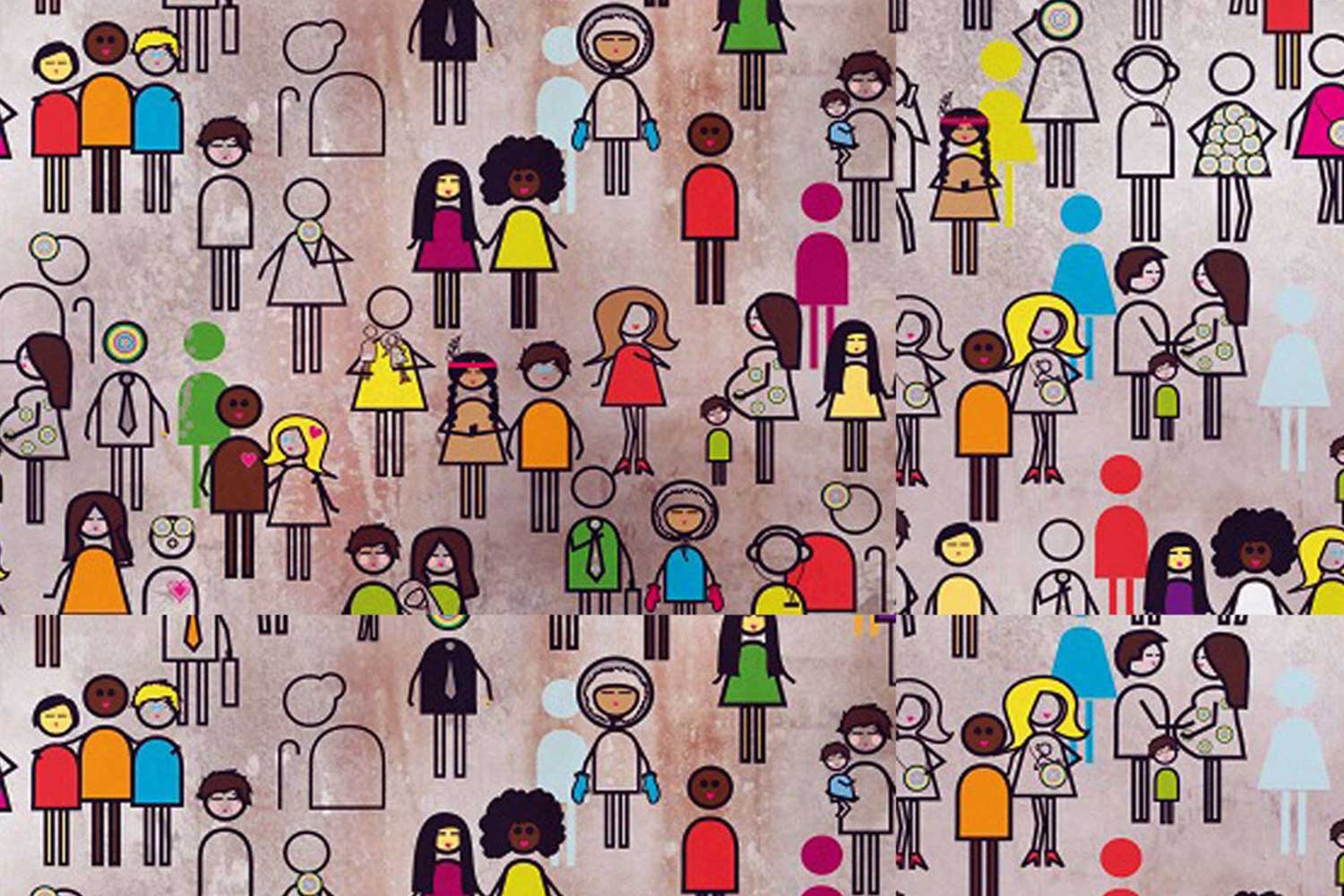Epidemics and pandemics are humanitarian crises and hence the subject of the Humanities, as much as they are the subjects of biomedical situations, biologists, and medical experts. The assumption that the Humanities and Critical Thinking have nothing concrete to offer in the time of crisis is not just wrong, it also denies the extremely crucial role the Humanities play in understanding the social aspects of any epidemic.
During coronavirus, we need social sciences and humanities more than ever. This is why.
1. Sociology
Society shapes individuals and individuals shape society. This is what a student of Humanities can understand better. Sociologists are explaining to us the social implications of the virus. The importance of social connections to face the pandemic, disasters and crises and sociology shows the way. One can also relate how society and health are connected. The crisis is a challenge but it is also giving us a way how to rethink the society that we want to live in.
2. Visual Arts
Human beings are visual entities. Illustrations, animations of COVID rates, of the impact of social distancing, flattening the curve, translate the global issue of COVID-19 in a way that our brains are wired to understand. We know about the crises well because somewhere some illustrator has shown creativity. Visual arts can bring entertainment when we are at home to stay safe. After all, we relate to personal and not to abstract things or big numbers.
3. History
The study of history makes us learn that this is not the first one and we have braved it earlier as well. History has studied epidemics, urbanisation and globalisation and related to spread of disease. Thinking about past, present and possible is what makes us human during the crisis.
4. Political Science
The student of Political Science can easily see the role of state in controlling situation like the corona pandemic. Is it necessary evil? Or just necessary? Cooperative Federalism is the need of the hour and political scientist understands it better.
5. Psychology
Rarely has the threat of disease occupied so much of our thinking. For months now, almost every newspaper has stories about the coronavirus pandemic on its front page, TV programmes have back-to-back coverage on the latest death tolls; and depending on who you follow, social media platforms are filled with frightening statistics and practical advice. This has led to heightened anxiety. The threat of contagion can twist our psychological responses to ordinary interactions, leading us to behave in unexpected ways. Psychology explains this eccentricity.
Humanities help us imagine a better society and understand our place and responsibility, offer hope, spark tough questions, inspire change, and shape the ways in which this moment in time is recorded in history.



Get Social